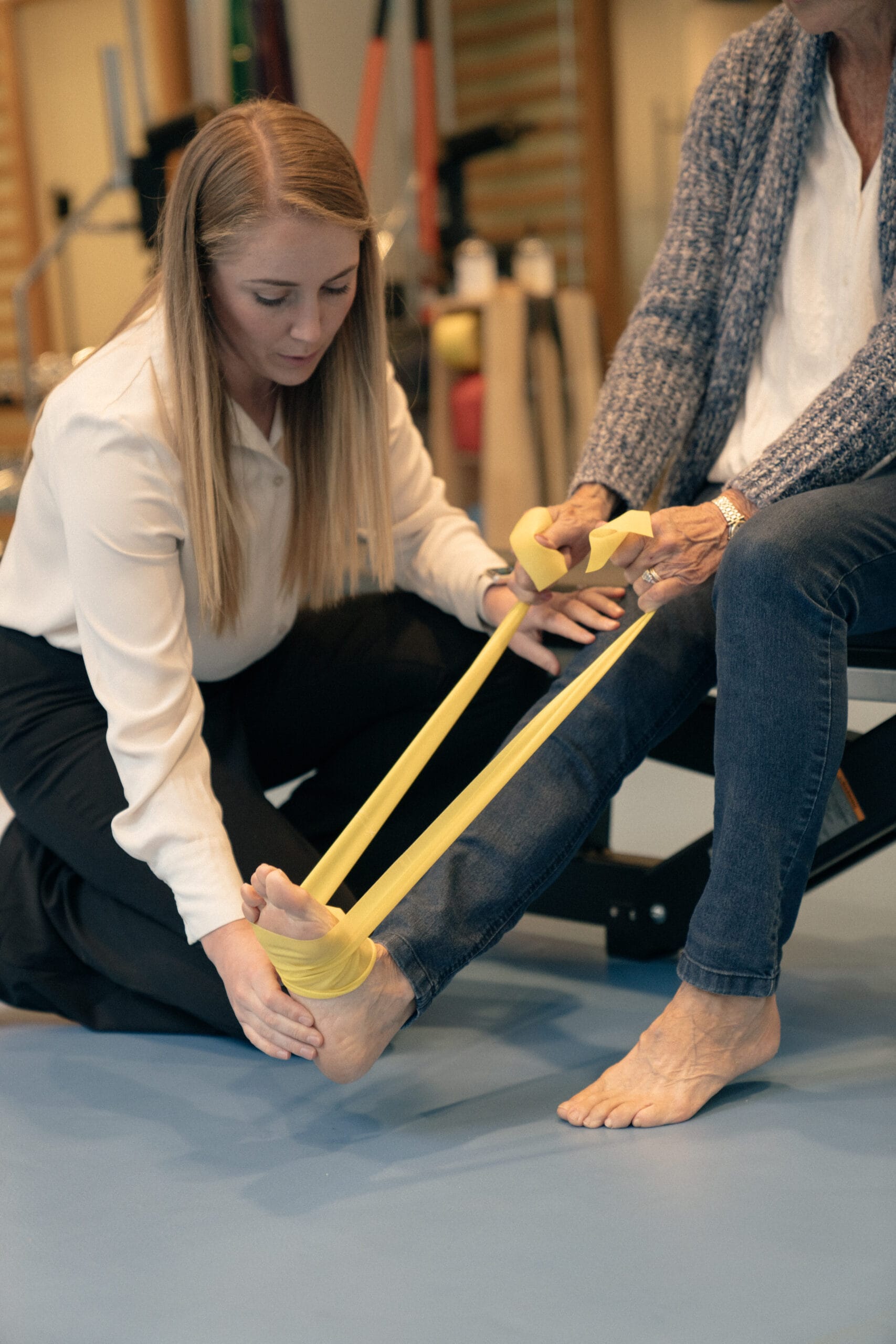All About That Base: How To Be Ready For Your Marathon Training Plan

Pure Sports Medicine
- 26 March, 2025
- Running
- 2 min read
So you’re running a marathon in the Spring! That means training can wait until after Christmas, right? Wrong! Now is the perfect time to start your base training.

Base training is about preparing your body for the hard 16-week marathon-specific training plan that you’re likely to be following. With the main idea being to build aerobic fitness before adding in the anaerobic workouts next year. I spoke to Richard Coates, running coach and director at Full Potential to get his top tips for getting it right:
Build up gradually
Forget about intensity, for now, it’s important to start easy. The training needs to build up gradually, it isn’t possible to go from running 5 miles to 15 in one fell swoop. The training must allow for a gradual progression in pace and distance. Many runners improve their fitness dramatically in the first few months of training only to become injured. Unfortunately, muscles, joints and connective tissue need longer to fully and safely adapt.
Cross Train
Include cross training (for example swimming, gym bike, elliptical machine or rower) to develop strength while giving your body a break from the stress of running.
Strength & Conditioning
It’s also important to work on your core and body strength to make sure that you’re able to keep your form together in the latter stages of the race when you’re feeling tired. It’s a common misconception among runners that you can only run to get better at running. Whilst you need to run, you also need to be doing complementary work.
Rest
Your training should be supplemented with lots of rest! Try to have at least one day a week of doing no training at all as this will help your body recover. If you’re on a rest day, do exactly that … don’t feel tempted to build a shed or lay the patio!
Listen to Your Body
If you do start to feel any aches and pains, ignore them at your peril! Your body is great at telling you what it wants so start listening to it. The key to good training is consistency and you can’t be consistent if you’re injured. Take an extra rest day and allow your body to recover. It’s much better to take one day off immediately than a week off later on.
Follow Richard’s tips and you’re well on your way to building a strong base, which is ready for some more intensive training in the New Year. We are here at Pure Sports Medicine to help you along your marathon training journey with Performance Coaches to help with your strength and conditioning training; physiotherapists to help manage those niggles and Soft Tissue Therapists to help keep the body refreshed and ready for the next workout.
We will be publishing a monthly blog to help you with each stage of your marathon journey, so keep your eyes peeled for next months edition featuring advice on Strength and Conditioning training.

Advice
Over the last 20+ years our experts have helped more than 100,000 patients, but we don’t stop there. We also like to share our knowledge and insight to help people lead healthier lives, and here you will find our extensive library of advice on a variety of topics to help you do the same.
OUR ADVICE HUBS See all Advice Hubs

